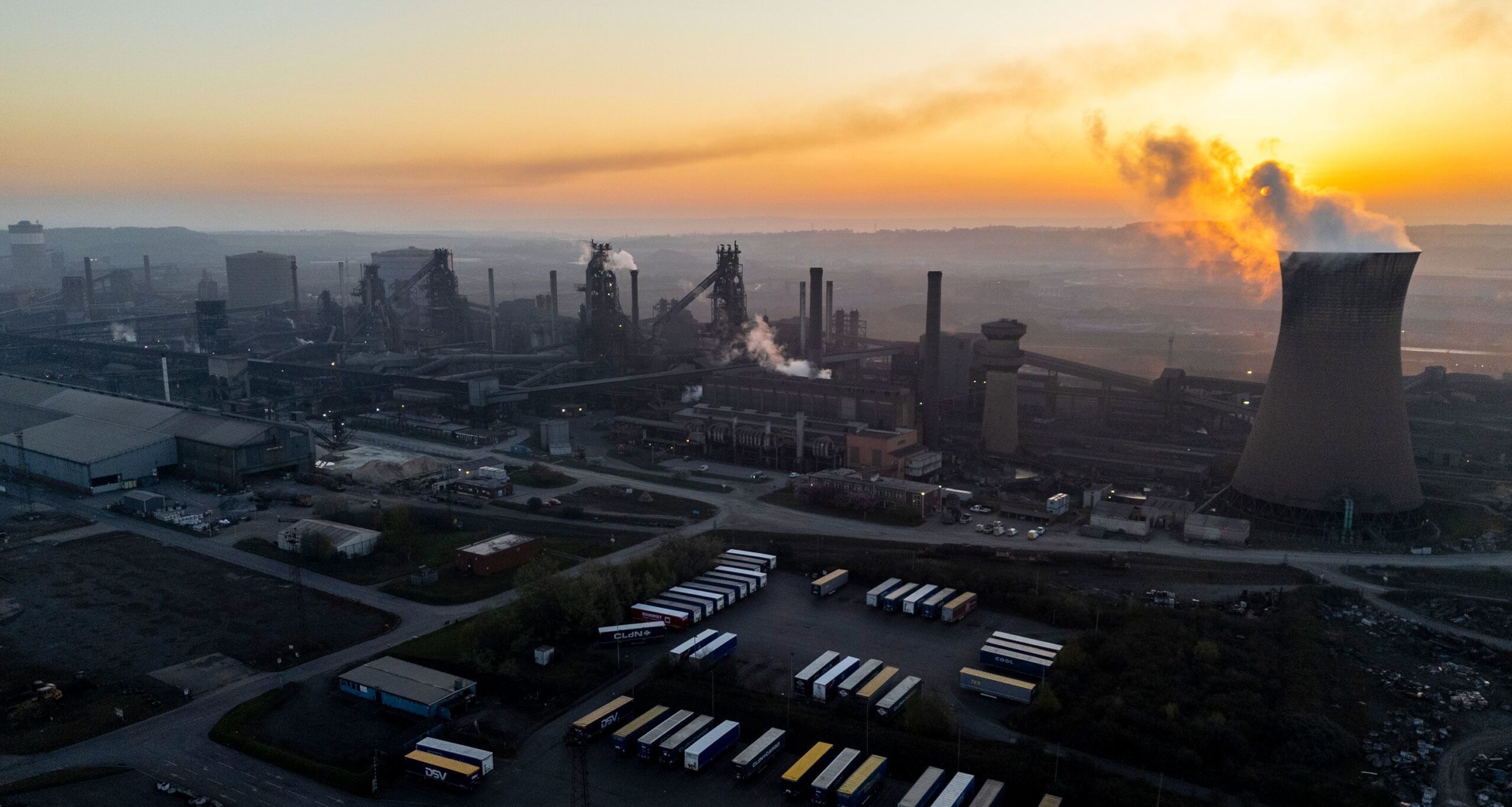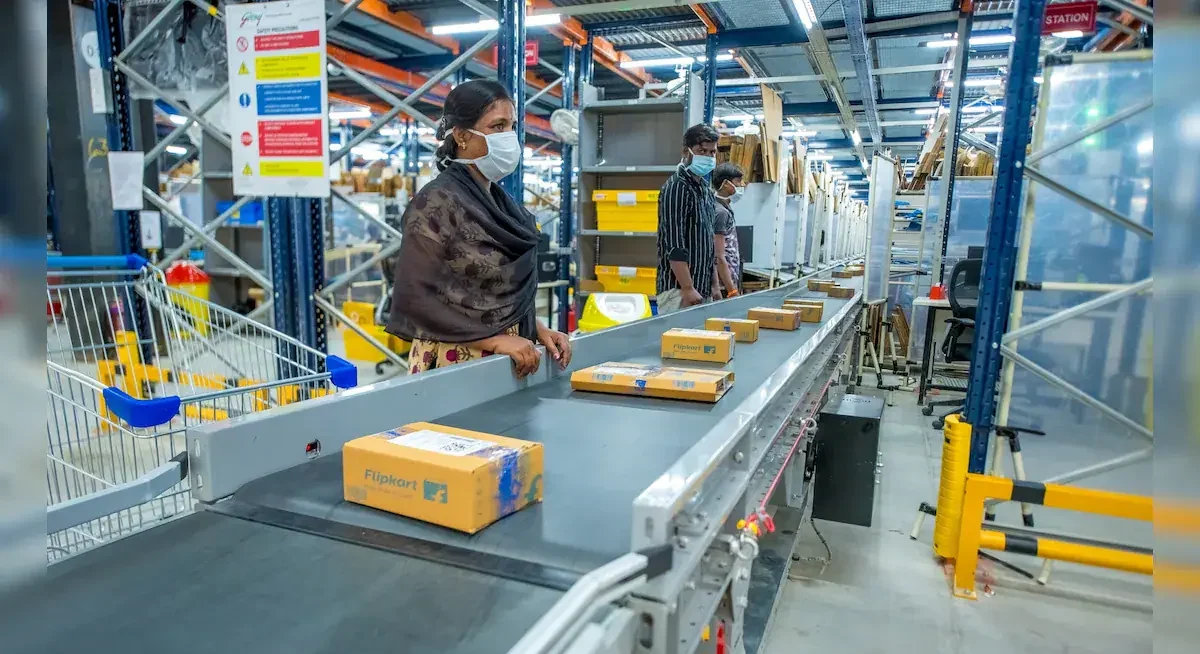Tensions are mounting between China and the United Kingdom following the British government’s recent intervention in British Steel’s operations. China has formally called on the UK to ensure the fair treatment of Chinese investors, specifically the Jingye Group, which has owned British Steel since 2020.
The warning from Beijing comes two days after the UK Parliament passed emergency legislation allowing the government to take control of the Scunthorpe steelworks, citing national interest and the need to safeguard steel production. The plant is home to the last two blast furnaces in Britain that produce virgin steel from raw materials an industrial capacity considered critical to the country’s infrastructure and economy.
At a press briefing in Beijing, Chinese Foreign Ministry spokesperson Lin Jian expressed concern over what he described as “over-securitization” and the “politicisation” of economic activities. “We hope the British government treats Chinese enterprises investing and operating in the UK fairly and justly,” Lin said. He emphasised the importance of protecting the legitimate rights of Chinese businesses to avoid deterring future investments.
While Jingye Group still owns British Steel on paper, British authorities have assumed control of its daily operations. This action followed the company allegedly stopping the purchase of critical materials iron ore and coking coal triggering fears that the furnaces could be closed down. Experts say that the restarting of these furnaces once they are closed would be a prohibitively costly and technically challenging operation.
In response, the UK government has appointed two long-serving British Steel executives Allan Bell as interim CEO and Lisa Coulson as interim chief commercial officer. Bell, a 14-year veteran of the Scunthorpe site, stated the immediate priorities are securing raw materials, retaining skilled personnel, and ensuring operational safety.
The historic seizure indicates the increasing trend among Western governments to exercise greater control over strategic industrial assets, particularly where foreign ownership crosses over into national security and economic resilience. Prime Minister Keir Starmer’s move to call Parliament back from recess to approve the intervention indicates the seriousness with which the issue is being addressed.
China’s interest goes beyond this one example. Lin’s remark points to concern in Beijing regarding wider geopolitical forces impacting Chinese investment into Europe and the UK. “Avoiding such politicization is key to maintaining confidence among Chinese enterprises looking to cooperate abroad,” he said.
As global economic tensions simmer, this standoff between Beijing and London may set a precedent for how future foreign investments, particularly in strategic industries are handled in liberal democracies increasingly wary of external influence.
For now, British Steel’s immediate future hinges on balancing industrial survival with diplomatic sensitivity, a test not just of economic policy, but of political prudence on both sides.
Also Read: Trump’s Tariffs on China: What They Mean for the U.S.






















